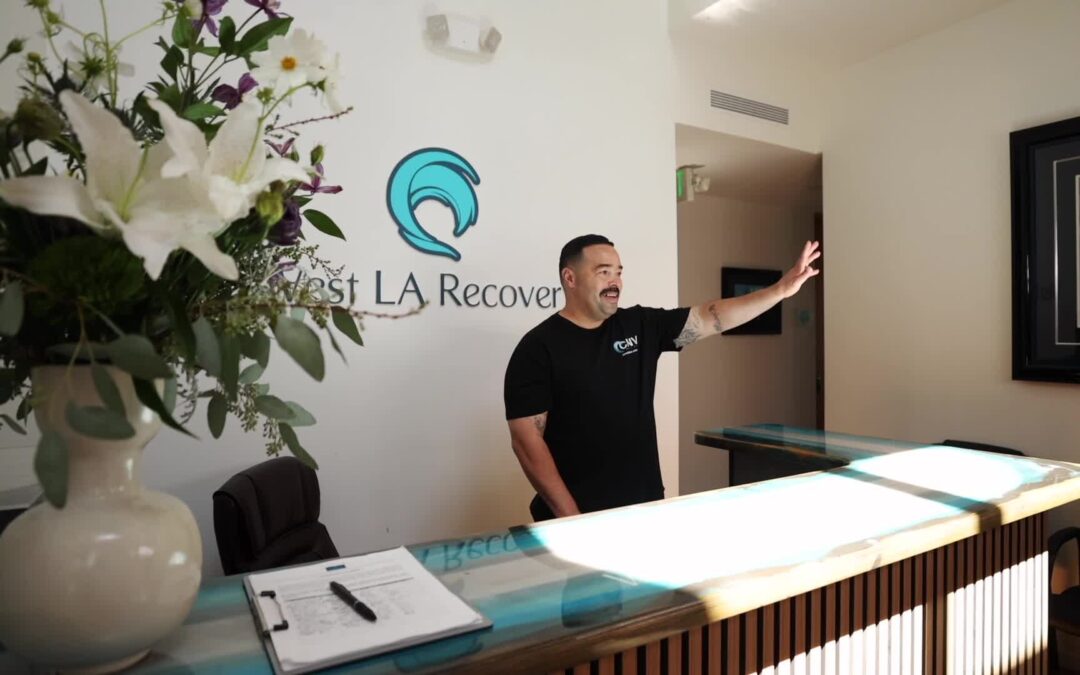Relapse Prevention and Boredom
Boredom is a hidden danger on your road to recovery. Many people recovering from addiction don’t realize how powerful unoccupied time can be, but studies show that boredom can often lead to relapse. When you were actively addicted, your brain was used to always being stimulated, so it may have a hard time during quieter periods.
Key Signs Boredom Is Affecting Your Recovery:
- Restlessness during downtime
- Increased thoughts about past substance use
- Difficulty finding joy in daily activities
- Seeking unnecessary risks or excitement
To prevent relapse, you need to actively manage boredom. Your recovery plan should include specific strategies for dealing with these tough moments. Think of boredom as a warning sign – it’s your mind and body telling you it’s time to do something meaningful. It’s crucial to establish a solid foundation for lasting sobriety through relapse prevention.
Effective Strategies for Boredom Management:
- Create a structured daily routine
- Develop new hobbies that challenge and excite you
- Connect with sober friends and support groups
- Set achievable goals for personal growth
Remember: boredom isn’t just about having nothing to do – it’s often about lacking purpose or meaning in your activities. By recognizing boredom as a potential relapse trigger, you can take active steps to protect your sobriety and turn unoccupied time into opportunities for growth and healing. Incorporating relapse prevention strategies into your daily routine will help manage these triggers effectively.
Understanding Relapse Triggers
Recognizing your personal relapse triggers creates a strong foundation for maintaining long-term recovery. These triggers can be both internal and external factors that spark cravings or thoughts about substance use.
Common relapse triggers include:
- Stress and anxiety
- Negative emotions (anger, sadness, loneliness)
- Physical exhaustion
- Social pressure and relationships
- Environmental cues (places, smells, sounds)
- Celebrations and social events
- Financial difficulties
Boredom acts as a particularly sneaky trigger, creating a dangerous void that your mind might try to fill with thoughts of substance use. When you’re not actively engaged, your brain can start romanticizing past substance use or seeking quick dopamine fixes.
Signs boredom is becoming a trigger:
- Increased restlessness
- Racing thoughts about substance use
- Difficulty focusing on daily tasks
- Loss of interest in regular activities
- Feeling stuck or unmotivated
Creating a personalized coping strategy helps you navigate these challenging moments. Try these proven techniques:
- Practice grounding exercises when triggers arise
- Keep a trigger journal to identify patterns
- Develop new hobbies that challenge your mind
- Build a structured daily routine
- Connect with sober friends who understand your journey
- Remove yourself from triggering situations
- Use the HALT method (Hungry, Angry, Lonely, Tired)
Remember: triggers don’t disappear, but your response to them can change with practice and dedication.
Embracing Boredom During Recovery

Mindfulness and meditation are powerful tools that can help you turn boredom into an opportunity for growth during your recovery. These practices allow you to gain a deeper understanding of your thoughts and emotions without passing judgment.
Benefits of Mindful Stillness:
- Reduced anxiety and stress levels
- Enhanced self-awareness
- Improved emotional regulation
- Stronger resistance to cravings
- Better sleep quality
Learning to sit with uncomfortable feelings, including boredom, builds resilience in recovery. Through regular meditation practice, you’ll discover that boredom doesn’t need to trigger automatic responses or negative behaviors.
Simple Daily Mindfulness Practices:
- 5-minute breathing exercises
- Body scan meditation before bed
- Mindful walking in nature
- Present-moment awareness during routine tasks
- Guided meditation apps
These practices help cultivate emotional balance by creating space between triggers and reactions. You’ll develop the ability to observe cravings without acting on them, reducing their power over your choices.
Incorporating Mindfulness Into Your Day:
- Start with 2-3 minute sessions
- Choose a consistent time and place
- Focus on your breath as an anchor
- Notice thoughts without attachment
- Gradually increase duration
Regular mindfulness practice strengthens your recovery foundation by building new neural pathways. This rewiring process helps replace old patterns with healthier responses to boredom and other challenging emotions.
How to Avoid Relapse?
Preventing relapse requires a multi-faceted approach centered on healthy coping mechanisms and strong support systems. Here’s what you can do to maintain your recovery journey:
Build Your Support Network
- Connect with sober friends who understand your journey
- Join recovery support groups or 12-step meetings
- Identify trusted family members who can provide emotional support
- Create relationships with sponsors or recovery mentors
Develop Healthy Stress Management
- Practice deep breathing exercises during challenging moments
- Engage in regular physical activity to release tension
- Keep a journal to process difficult emotions
- Learn to recognize early warning signs of stress
Set Clear Recovery Boundaries
- Communicate your needs openly with family and friends
- Avoid people, places, and situations that might trigger cravings
- Create a structured daily routine
- Plan ahead for challenging social situations
Implement Daily Coping Strategies
- Replace negative thoughts with positive affirmations
- Develop new hobbies that bring joy and fulfillment
- Practice stress-reduction techniques like yoga or tai chi
- Establish healthy sleep patterns and nutrition habits
Remember to reach out to your support network when you feel vulnerable. Having honest conversations about your challenges helps prevent isolation and strengthens your recovery foundation. Your support system can provide accountability, encouragement, and practical assistance during difficult times. If you’re struggling to find the right support, consider reaching out to professionals who can guide you through this journey. Contact us at West LA Recovery for more information on our support services.
Holistic Self-Care for Lasting Sobriety

A balanced approach to self-care strengthens your recovery journey. Physical health serves as your foundation – regular exercise releases natural endorphins, healthy nutrition fuels your body, and quality sleep restores your mind. These elements create a powerful defense against relapse triggers.
Essential Physical Health Practices:
- 30 minutes of daily movement (walking, yoga, swimming)
- Balanced meals rich in proteins, vegetables, and whole grains
- 7-8 hours of consistent sleep each night
Emotional wellness requires active engagement with your feelings. Regular journaling helps process emotions, while therapy provides professional guidance for deeper healing. You might discover that certain emotions trigger cravings – learning to sit with these feelings builds resilience.
Spiritual growth doesn’t require religious beliefs. It’s about connecting to something larger than yourself:
- Meditation practice
- Time in nature
- Creative expression through art or music
- Volunteer work in your community
Your holistic self-care routine becomes a protective shield against relapse. Listen to your body’s signals, honor your emotional needs, and nurture your spirit. When you prioritize comprehensive wellness, you build a strong foundation for lasting recovery.
Remember: Self-care isn’t selfish – it’s essential for maintaining sobriety and creating a fulfilling life in recovery.







